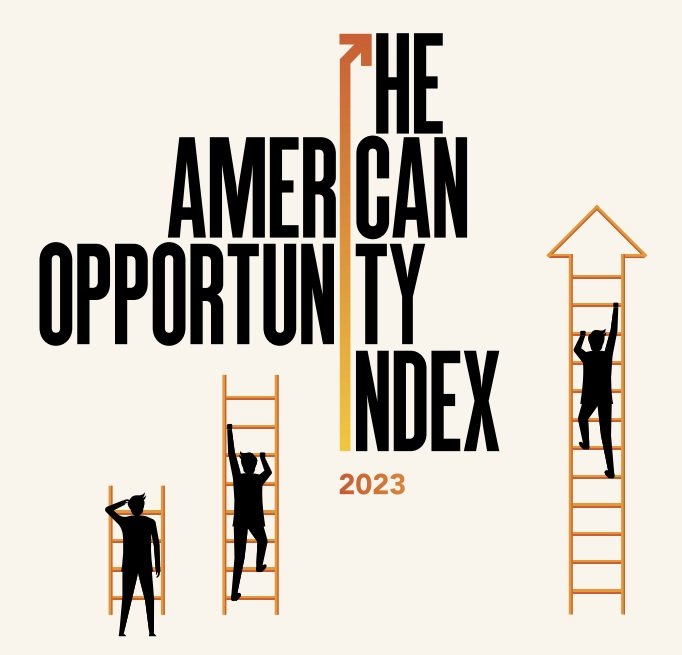Research
Selected research published by the Burning Glass Institute independently or in partnership with other leading workforce innovation and higher education organizations

Generative Artificial Intelligence and the Workforce
Automation is nothing new. In fact, much of the course of economic history since the dawn of the Industrial Revolution has been shaped by successive waves of automation propelled by technological innovation. However, the latest developments in generative artificial intelligence (GenAI) stand out as unique. Unlike in the past, when mechanization replaced physical labor, GenAI will have the greatest impact on high-skilled, professional work—the kinds of roles that define the 21st-century knowledge economy and that have long been considered safe havens from roboticization. As such, the coming transformations are likely to be as unfamiliar as they are profound. The goal of this report, a collaborative effort between The Burning Glass Institute and SHRM, is to enable CHROs and other business leaders to anticipate these repercussions and develop workforce strategies for a new reality.

The 2023 American Opportunity Index
The 2023 American Opportunity Index—a partnership between the Burning Glass Institute, Harvard Business School’s Project on Managing the Future of Work, and the Schultz Family Foundation—follows the career trajectories of 4.72 million employees across 396 of America’s largest companies. Through this work, we have gained unprecedented visibility into the question at the heart of the economic mobility equation: how workers rise.
The Index represents a revolutionary departure from other job quality metrics, which typically focus on corporate policies and rely on self-reported data or surveys. Instead, we observe real-world outcomes directly, as gleaned from analysis of millions of career histories – drawn from how workers report changes at work history of social media platforms, online resumes, etc. – as well as comprehensive salary and job posting data. We believe job quality is best measured by what actual workers experience.
Our analysis focuses on workers who don’t necessarily hold college degrees – and therefore don’t have the assurance of mobility that a degree was long assumed to represent. In many respects, these workers are a bellwether for how likely the majority of Americans are to achieve economic progress. Through this analysis, we hope to widen a lens that often focuses on access to jobs, but loses sight of what happens once employees get in the door.

A Guide to Improving Recruitment, Retention, Advancement and Equity
Our analysis in partnership with the Business Roundtable and Lightcast on how to enhance workforce inclusion via skills-based talent strategies
U.S. companies have traditionally relied on four-year degree requirements as a critical credential, particularly for white collar jobs, and a proxy for job candidates’ qualifications for roles. This practice has excluded many talented Americans, including employees of color, from hiring and promotion and has made it harder for employers to find a sufficient number of skilled employees.
Increasingly, U.S. companies are shifting their hiring and talent management practices to emphasize the value of skills, rather than degrees alone. Taking a more inclusive approach around educational credentials as a job criterion, where possible, can help companies meet their hiring needs and unlock new employment and advancement opportunities for workers from diverse backgrounds.

HBR: Manage Your Talent Pipeline Like a Supply Chain
In supply-chain management, you get what you plan for. It’s time for companies to get serious about developing a good supply chain for talent. Here are ideas for how to get started.
